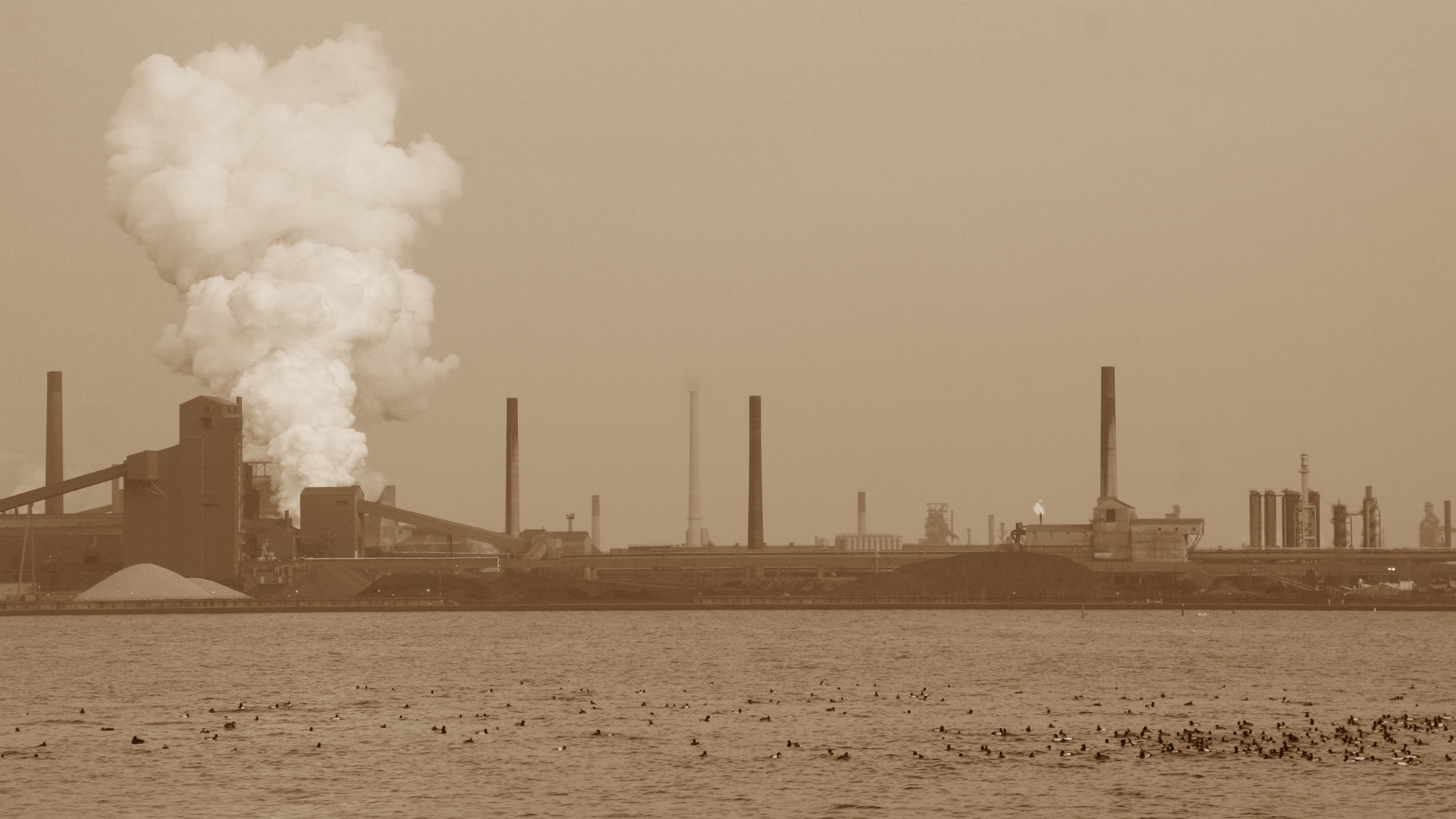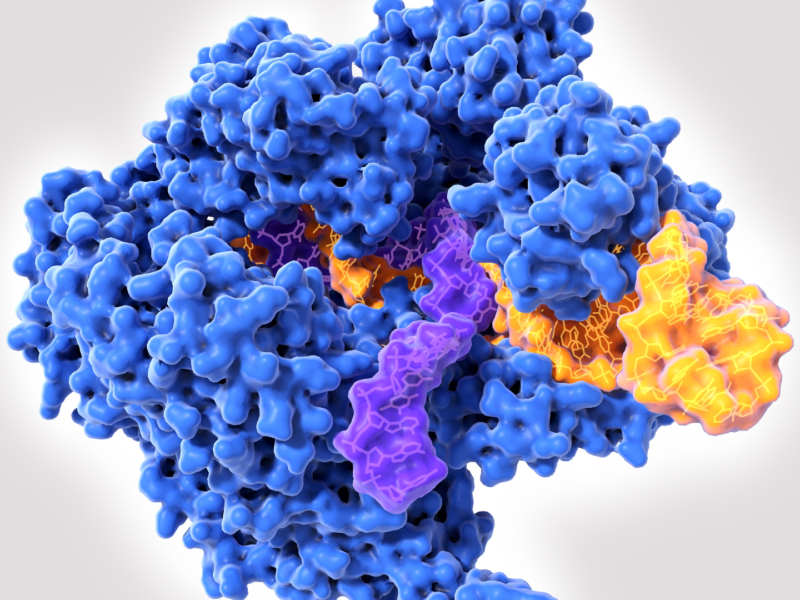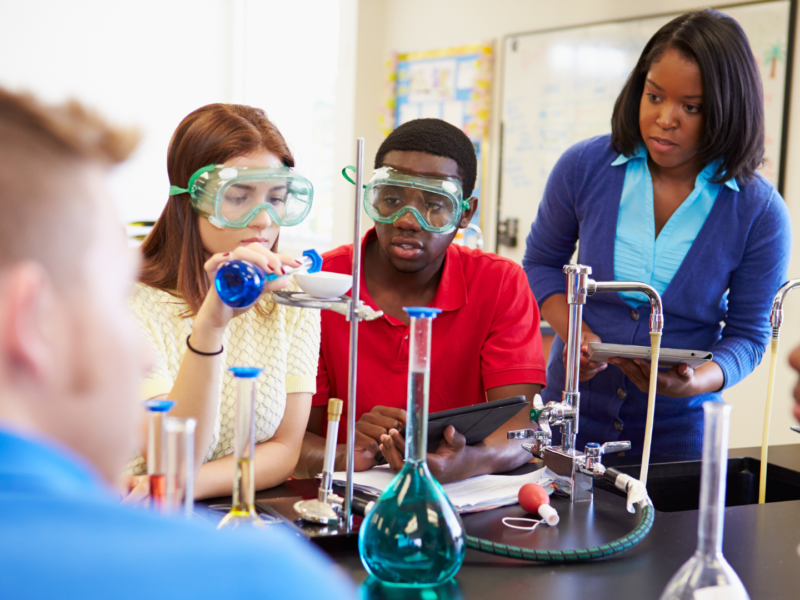Our world is changing at a rapid pace. New discoveries are being made every day that push our understanding of how the world works in new and exciting ways, but some people worry that this rapid change is going to cause serious harm to the environment we’re used to. For example, there’s a concern that some advancements in science are making our environment too polluted for us to live in anymore. Does this mean science is destroying the environment? This blog post will explore these questions and more.
Science And The Environment
Science plays a pivotal role in both our understanding of the environment and our efforts to protect it. While some may blame science for environmental degradation, it’s essential to recognize that science has been instrumental in providing solutions and guiding us toward a more sustainable future.
In conclusion, science is a valuable tool in our quest to protect and preserve the environment. It empowers us with knowledge, drives technological innovations, and encourages sustainable practices. While there have been instances where science has been misused or misunderstood, its overall contribution to environmental protection and the betterment of society is undeniable. Science continues to be a key ally in our efforts to create a sustainable and harmonious relationship with the natural world.
Things You Can Do To Protect The Environment
In recent years, there has been a growing concern that science is destroying the environment. Some people believe that scientists are blindly experimenting without considering the consequences of their actions, while others believe that scientists are simply making too much money and aren’t caring about the planet. Regardless of whether or not science is destroying the environment, it’s important to understand what you can do to protect both yourself and the environment. Here are five ways to help protect the environment:
Use Less Energy
One way to help protect the environment is to use less energy. This can be done by using renewable sources of energy, conserving energy when possible, or turning off electronics when not in use. Renewable fuels include propane, solar energy, wind energy, and geothermal energy among others. For home heating and other needs, solar energy and propane (those interested can look for a reputed COD oil company) can be used, whereas for large-scale needs wind or geothermal energy can be preferred.
Recycle Materials
Another way to help protect the environment is to recycle materials. This can be done by sorting materials into recyclable and non-recyclable categories, or by throwing away only recyclable materials.
Plant Trees
Planting trees can also help protect the environment. Forested areas provide shade, which can decrease air temperatures and reduce air pollution levels. Trees also produce oxygen, which helps improve air quality.
Donate Money To Environmentalist Organizations
Donating money to environmentalist organizations is a vital and impactful way to contribute towards the protection and preservation of our planet’s delicate ecosystems. By supporting initiatives led by reputable groups like the WWF Charity (World Wildlife Fund), individuals can play an active role in addressing critical environmental challenges such as deforestation, wildlife conservation, climate change, and habitat restoration.
The Impact Of Technology On Global Warming
Technology has had a significant impact on global warming in recent years. The use of fossil fuels, such as coal and oil, to produce electricity has caused the release of greenhouse gases into the atmosphere. This has contributed to global warming. In addition, the manufacture and use of electronic devices, such as computers and cell phones, emit radiation that can contribute to climate change.
There are several ways that technology can be used to reduce or prevent global warming. One way is to switch to renewable energy sources, such as solar and wind power. These sources do not release greenhouse gases into the atmosphere. Another way is to reduce the amount of carbon dioxide that is released into the atmosphere. This can be done by using energy-efficient appliances and vehicles, and by planting trees.
A Look At Evidence
Is science destroying the environment? Many scientists say yes, while others maintain that there is no proof of a causal link. Others maintain that there is no clear evidence linking science and environmental destruction. They argue that any observed damage may simply be the result of natural events, such as climate change or drought. This debate has been swirling for years, but it seems unlikely to come to a resolution anytime soon. In the meantime, both sides will likely continue arguing their points until someone proves them wrong.
There is no doubt that science has had a tremendous impact on our lives and the environment over the past few centuries. However, there are also those who believe that science is causing more harm than good, and that it is destroying the environment at an alarming rate. It’s a controversial topic, but one that deserves to be discussed more openly and honestly. What do you think? Is science responsible for damaging our environment or are we exaggerating its effects?



